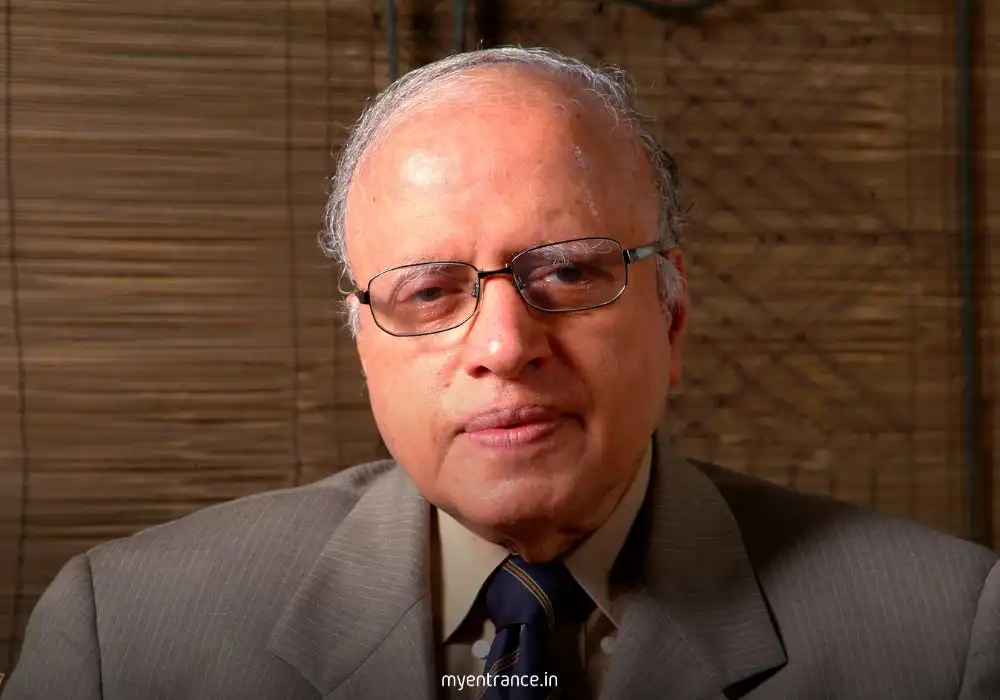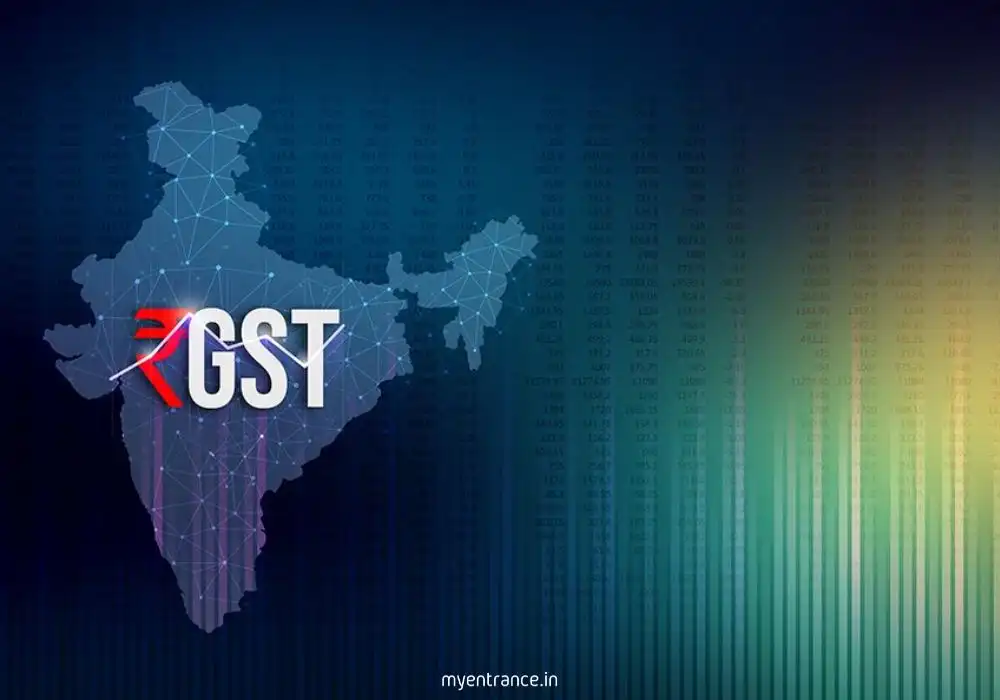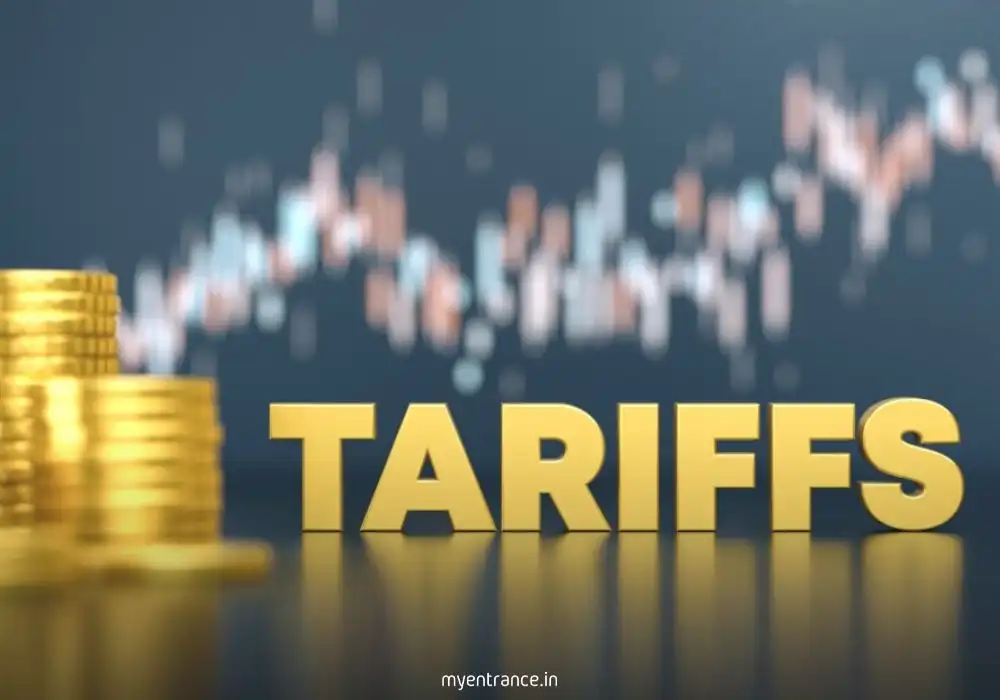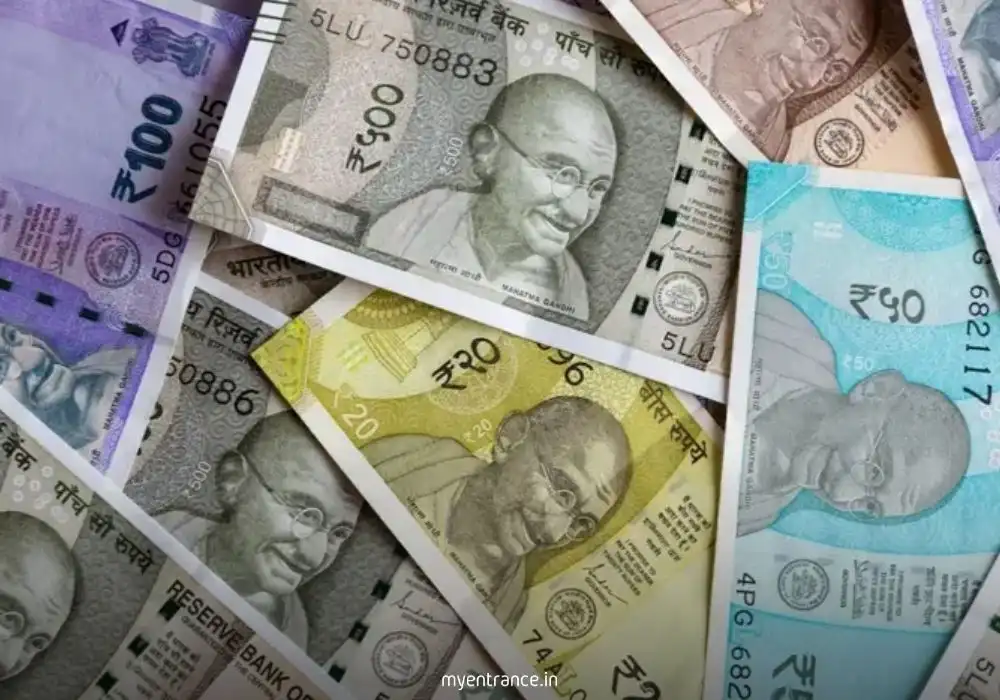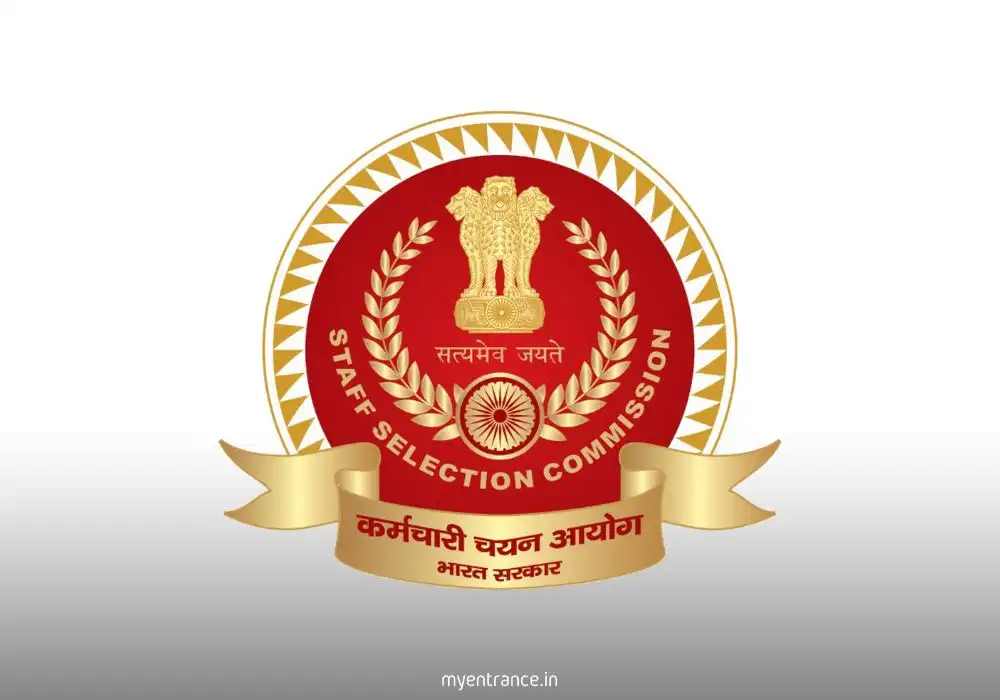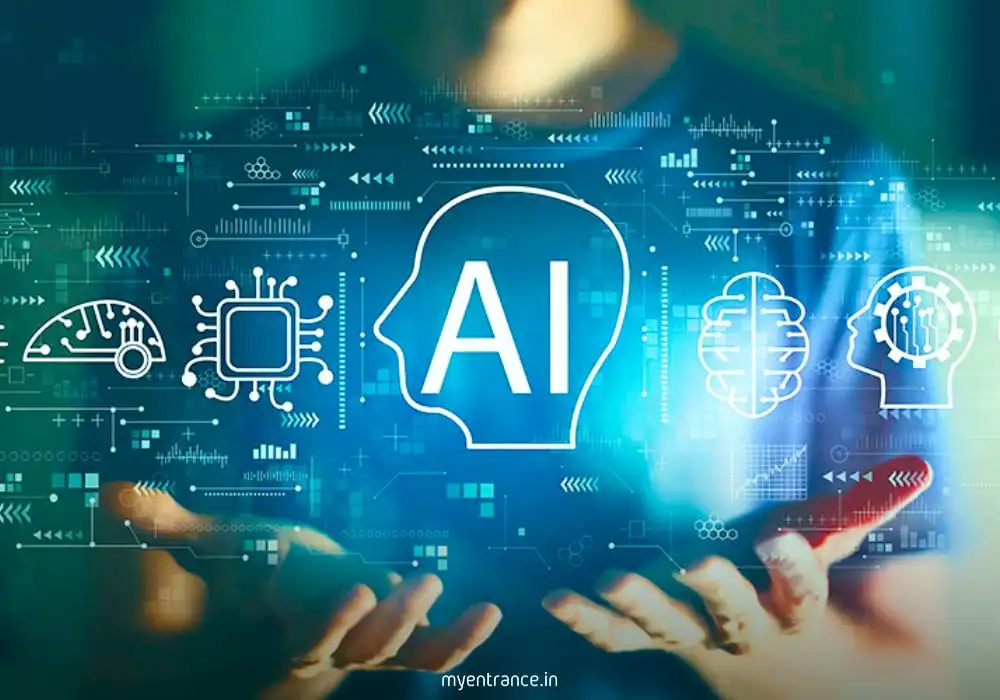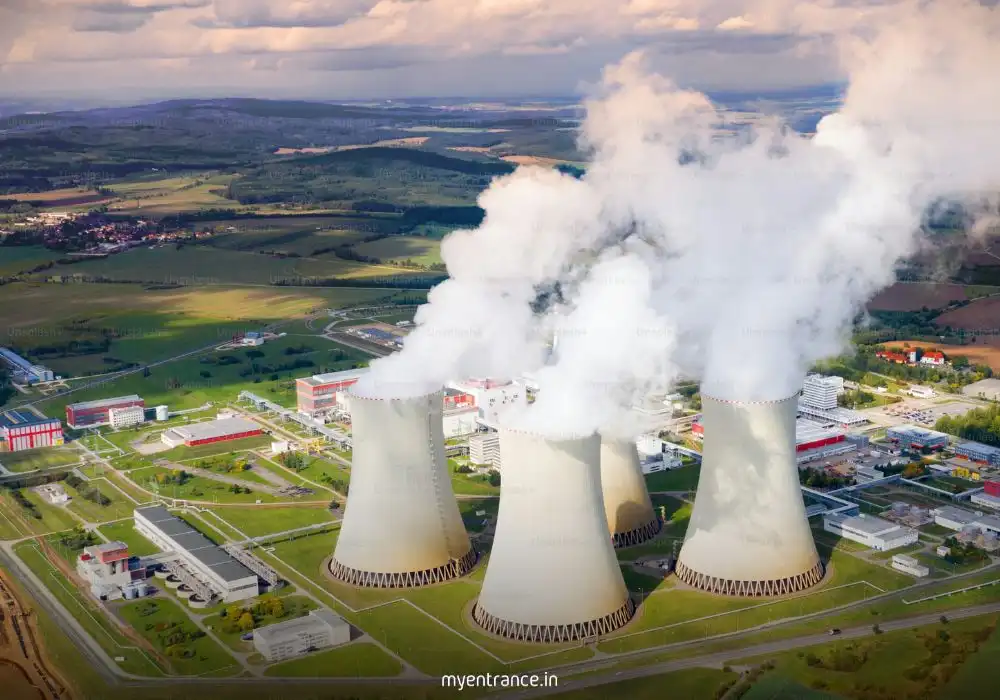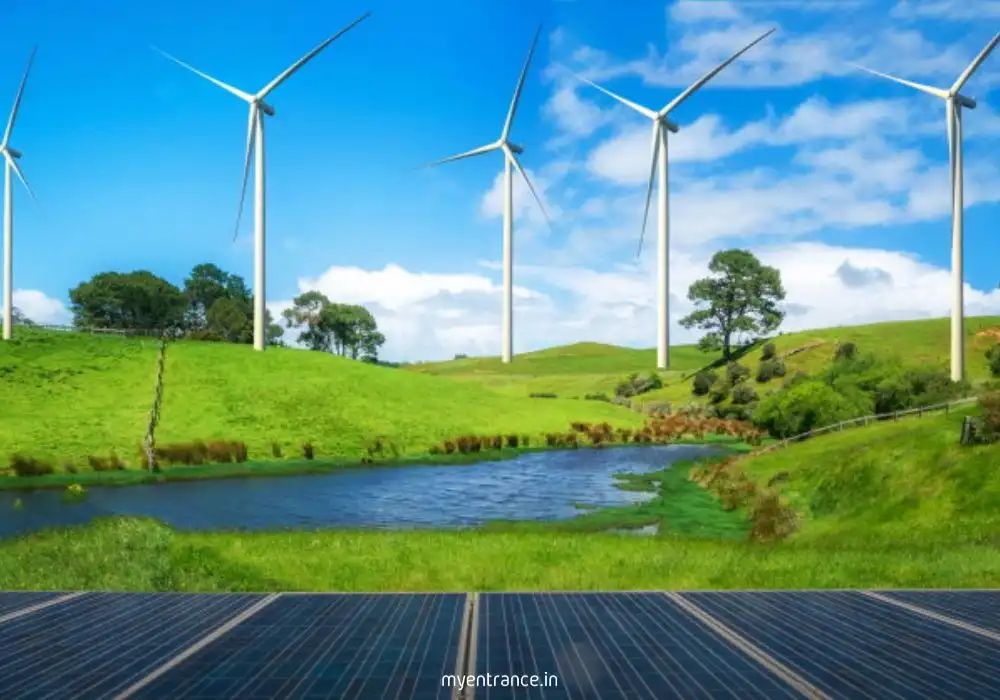Translate Language
Understanding Energy: Forms, Sources, and Sustainability for Competitive Exams
Energy is the driving force behind all natural processes and human activities. From powering industries to enabling daily life, it plays a crucial role in modern civilization. For competitive exam aspirants, understanding energy—its types, sources, and environmental impact—is essential, especially for subjects like General Science, Environment & Ecology, and Current Affairs.
This guide breaks down energy concepts in a structured manner, helping you grasp key points for exams like SSC, UPSC, PSC, KAS, NID, and NIFT.
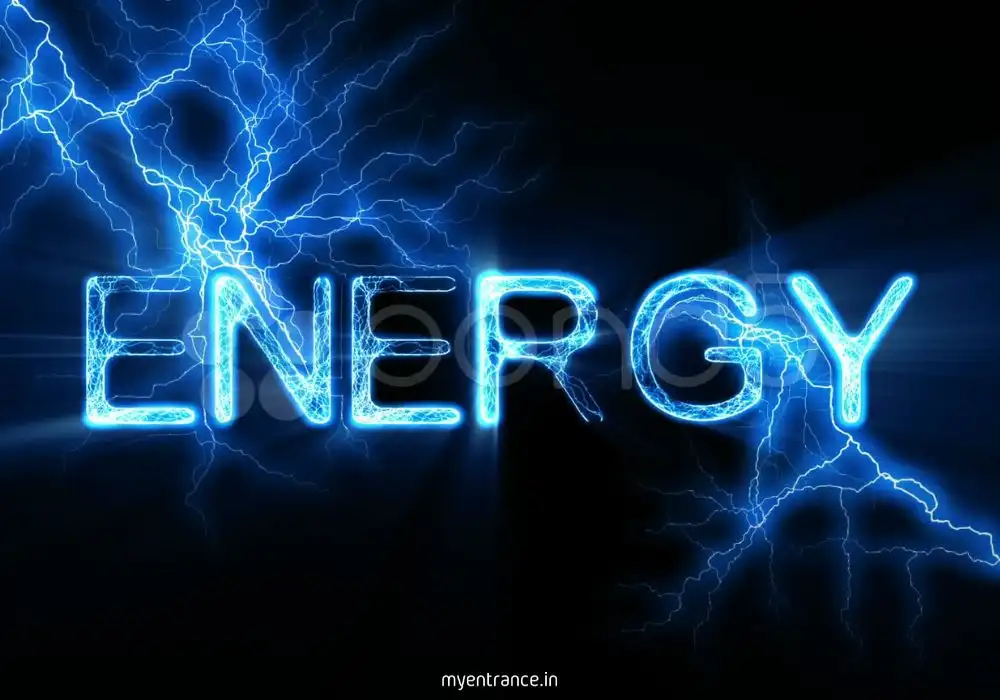
About Energy: Key Concepts for Competitive Exams
What is Energy?
Energy is the capacity to do work or cause change. It exists in multiple forms and can be converted from one type to another. The Law of Conservation of Energy states that energy cannot be created or destroyed—only transformed.
Forms of Energy
Energy is broadly classified into two categories:
Kinetic Energy – The energy of motion (e.g., a moving car, flowing water).
Potential Energy – Stored energy due to position or state (e.g., water in a dam, a compressed spring).
These forms can interchange—for example, potential energy converts to kinetic energy when water flows downhill in a hydroelectric plant.
Sources of Energy
Energy sources are categorized as renewable and non-renewable:
Non-Renewable Energy (Finite Resources)
Fossil Fuels (Coal, Petroleum, Natural Gas) – Formed over millions of years, these fuels dominate global energy consumption (~80% as per IEA). Burning them releases CO₂, contributing to climate change.
Nuclear Energy – Generated from uranium fission; produces no CO₂ but poses radioactive waste challenges.
Renewable Energy (Sustainable Alternatives)
Solar Energy – Harnessed via photovoltaic cells; costs have dropped 80% since 2010 (IRENA).
Wind Energy – Uses turbines to convert wind motion into electricity.
Hydropower – Generated from flowing water, a major renewable source.
Geothermal & Biomass – Utilize Earth’s heat and organic materials for energy.
Energy Conversion & Efficiency
Most human activities rely on energy conversion:
Power Plants: Chemical (coal/gas) → Thermal → Mechanical (turbines) → Electrical.
Electric Vehicles: Chemical (battery) → Electrical → Kinetic.
Energy efficiency means achieving more with less energy—LED lighting, better insulation, and efficient appliances help reduce waste.
Global Energy Demand & Sustainability
Rising Demand: Due to population growth and industrialization (especially in emerging economies).
Sustainable Solutions: Shift to renewables, smart grids, and energy storage (like batteries & hydrogen fuel).
Climate Goals: IPCC recommends 45% CO₂ reduction by 2030 and net-zero by 2050 to limit global warming.
Energy Policies & Initiatives
European Green Deal – Aims for carbon neutrality.
India’s National Solar Mission – Promotes large-scale solar power adoption.
US Inflation Reduction Act – Boosts clean energy investments.
Questions & Answers for Competitive Exams
Q: What is the principle that states energy cannot be created or destroyed?
A: The Law of Conservation of Energy.
Q: Which energy source contributes the most to global CO₂ emissions?
A: Fossil fuels (coal, oil, natural gas).
Q: What percentage has the cost of solar energy dropped since 2010?
A: Over 80% (Source: IRENA).
Q: Name two forms of renewable energy used in India.
A: Solar and Wind energy.
Q: What is the IPCC’s recommended CO₂ reduction target by 2030?
A: 45% reduction to limit global warming to 1.5°C.
Conclusion
Energy is a vital topic for competitive exams, covering science, environment, and current affairs. Understanding its forms, sources, and sustainability challenges helps aspirants tackle questions effectively. As the world shifts toward clean energy, staying updated on policies and innovations is crucial for exam success.
For more exam-focused content, mock tests, and daily quizzes, visit MyEntrance.in—your ultimate guide to cracking SSC, PSC, UPSC, and more!
Get 3 Months Free Access for SSC, PSC, NIFT & NID
Boost your exam prep!
Use offer code WELCOME28 to get 3 months free subscription. Start preparing today!
